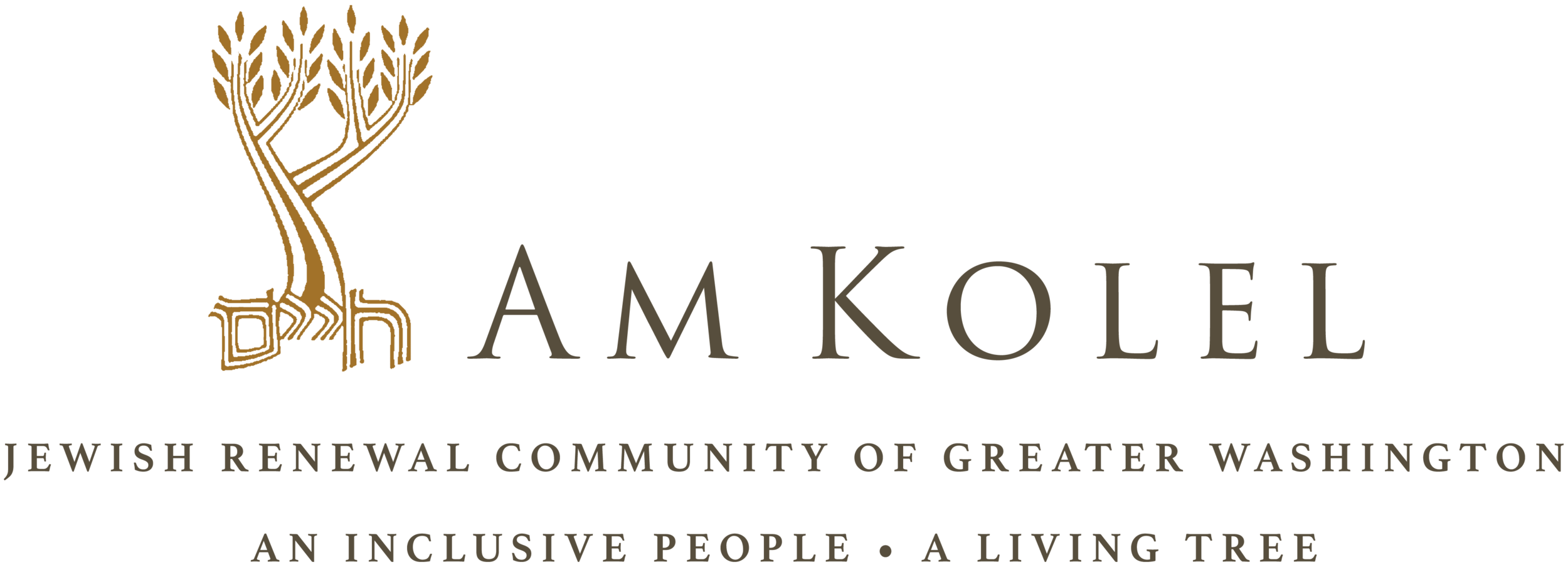We are now midway through the Period of the Omer, halfway to Sinai.
We are now midway through the Period of the Omer, halfway to Sinai. During these six weeks there is a lovely tradition of studying a small text from the Mishna, called Pirke Avot, the Ethics of the Sages. It is an extraordinary anthology of ethical teachings by the Tanna, the early rabbis. These teachings are even more precious to us now as we experience a growing disregard for ethical teachings and behavior. The extent of deception in our society, the abuse of language, the amount of spam, corruption, cheating and disregard for life is worsening. While many do rise to the heights of Sinai, we often feel unsupported.
This week’s Parsha, Emor, emphasizes the need for moral purity in our communal leaders. It emphasizes compassion toward others and toward animals. It emphasizes the seasons of life and the holidays and special days that are so restorative and so deeply connected to the Life Giver and to Earth.
Here is one Mishna from Pirke Avot, from chapter 3 verse 17.
“Rabbi Eliezer the son of Azariah would say: If there is no Torah, there is no common decency; if there is no common decency, there is no Torah. If there is no wisdom, there is no fear of G‑d; if there is no fear of G‑d, there is no wisdom. If there is no applied knowledge, there is no analytical knowledge; if there is no analytical knowledge, there is no applied knowledge. If there is no flour, there is no Torah; if there is no Torah, there is no flour.
He would also say: One whose wisdom is greater than his deeds, what is he comparable to? To a tree with many branches and few roots; comes a storm and uproots it, and turns it on its face. As is stated, 'He shall be as a lone tree in a wasteland, and shall not see when good comes; he shall dwell parched in the desert, a salt land, uninhabited'" (Jeremiah 17:6).
But one whose deeds are greater than his wisdom, to what is he compared? To a tree with many roots and few branches, whom all the storms in the world cannot budge from its place. As is stated: 'He shall be as a tree planted upon water, who spreads his roots by the river; who fears not when comes heat, whose leaf is ever lush; who worries not in a year of drought, and ceases not to yield fruit' (ibid., v. 8).”
See National Council of Jewish Women gathering below.
Come for Shabbes. Join us May 22!
B’Shalom,
Reb David
